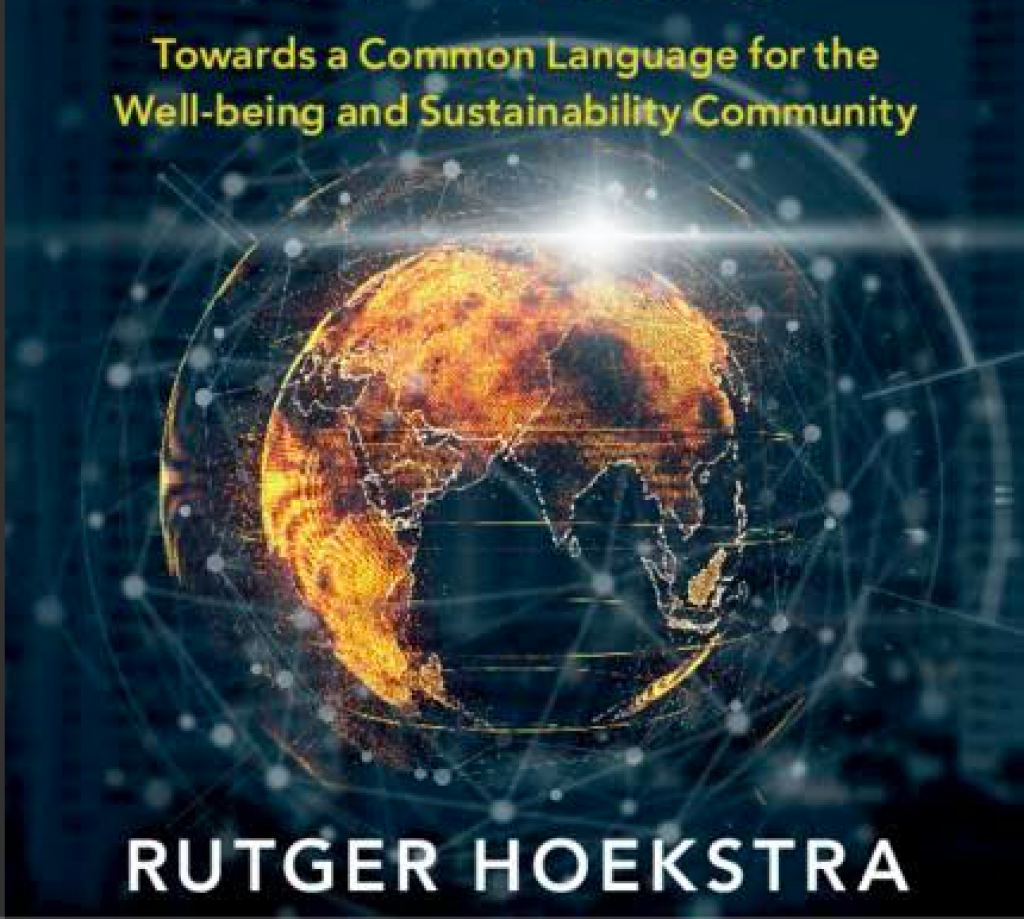On April 30th, the CIES had the pleasure to welcome to our e-seminar Rutger Hoekstra, Founder of MetricsForTheFuture.com and author of the book '“Replacing GDP by 2030: Towards a common language for the Well-being and Sustainability Community”, published by Cambridge University Press.
Rutger Hoekstra first portrayed a broad picture of the emergence of Gross Domestic Product (GDP) in our society. Although only nine countries used this indicator in 1900, the concept became increasingly popular in the second half of the century and today more than 200 countries are using GDP to measure economic growth. GDP, however, is a very limited tool to measure economic activity and is not a metric of how successful societies are. It fails to measure the differences between the qualitative and quantitative aspects of economic growth, and is for instance poorly suited to track digitalization and globalization. More importantly, GDP does not allow to take into account well-being, sustainability, and equity.
In his book, Rutger Hoekstra compares various alternative indicators to include well-being and sustainability. Economists themselves have proposed the metric of Genuine Progress Indicator (GPI), which includes environmental and social factors. The evolution of GPI over time suggests that society has not been making progress since the 1970s. In addition, the GPI presents some important limits as it emphasizes monetary values.
Instead, Rutger Hoekstra’s core argument is that we need to think more broadly about our narrative and develop a common language to promote an alternative set of indicators. The environment, economy, and society share the same features and language in relation to stock/flow accounting, networks, and limitations. Such a harmonized system can be created through a system of accounts with four layers. The first one includes the environmental system, the second one is the society, the third layer is the economy, and the last layer involves distribution. Policy organizations, such as the UN or the World Bank, can take a leading role in changing our narratives beyond GDP.
The video of the e-seminar will be available on CIES website shortly!


